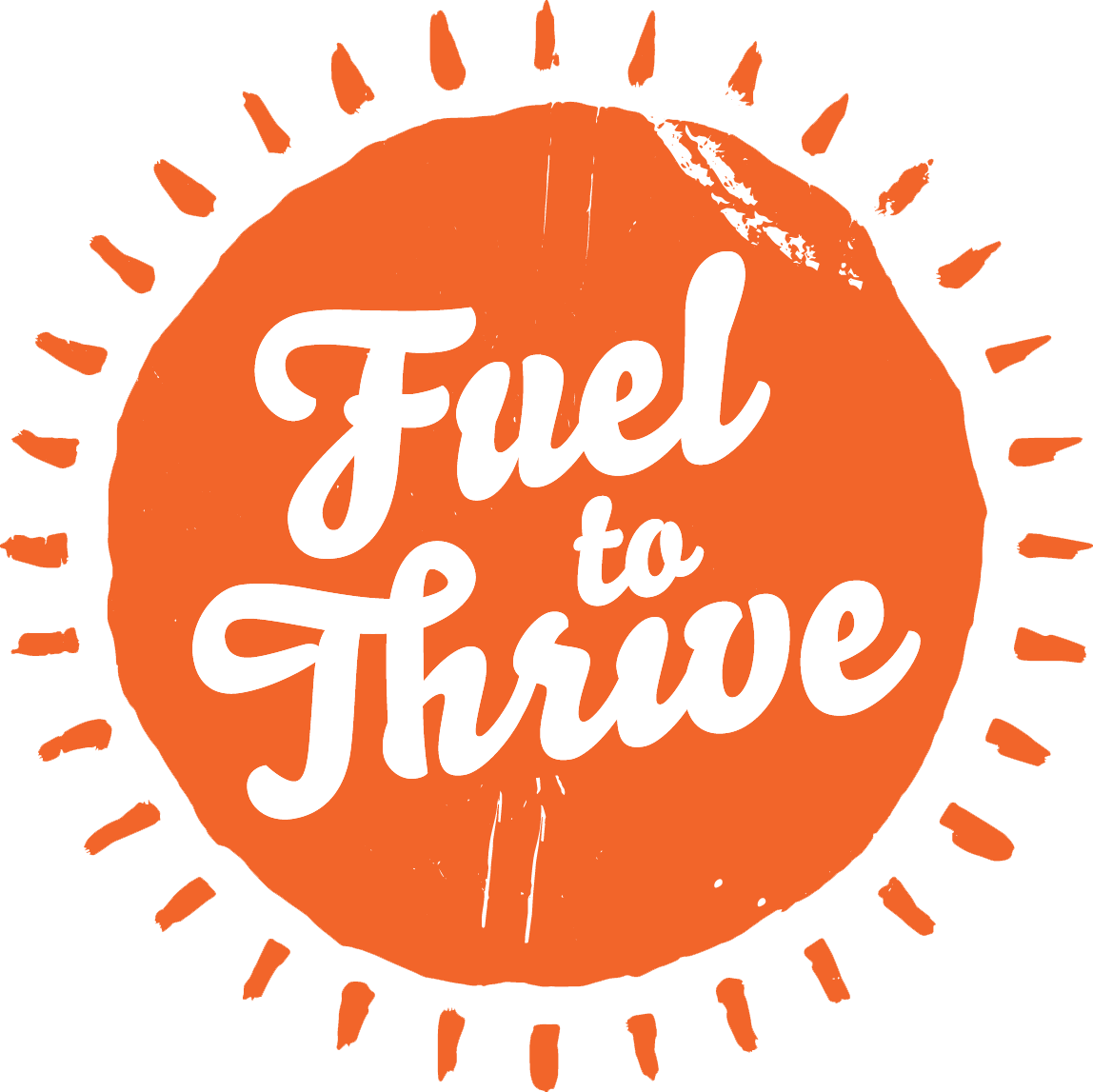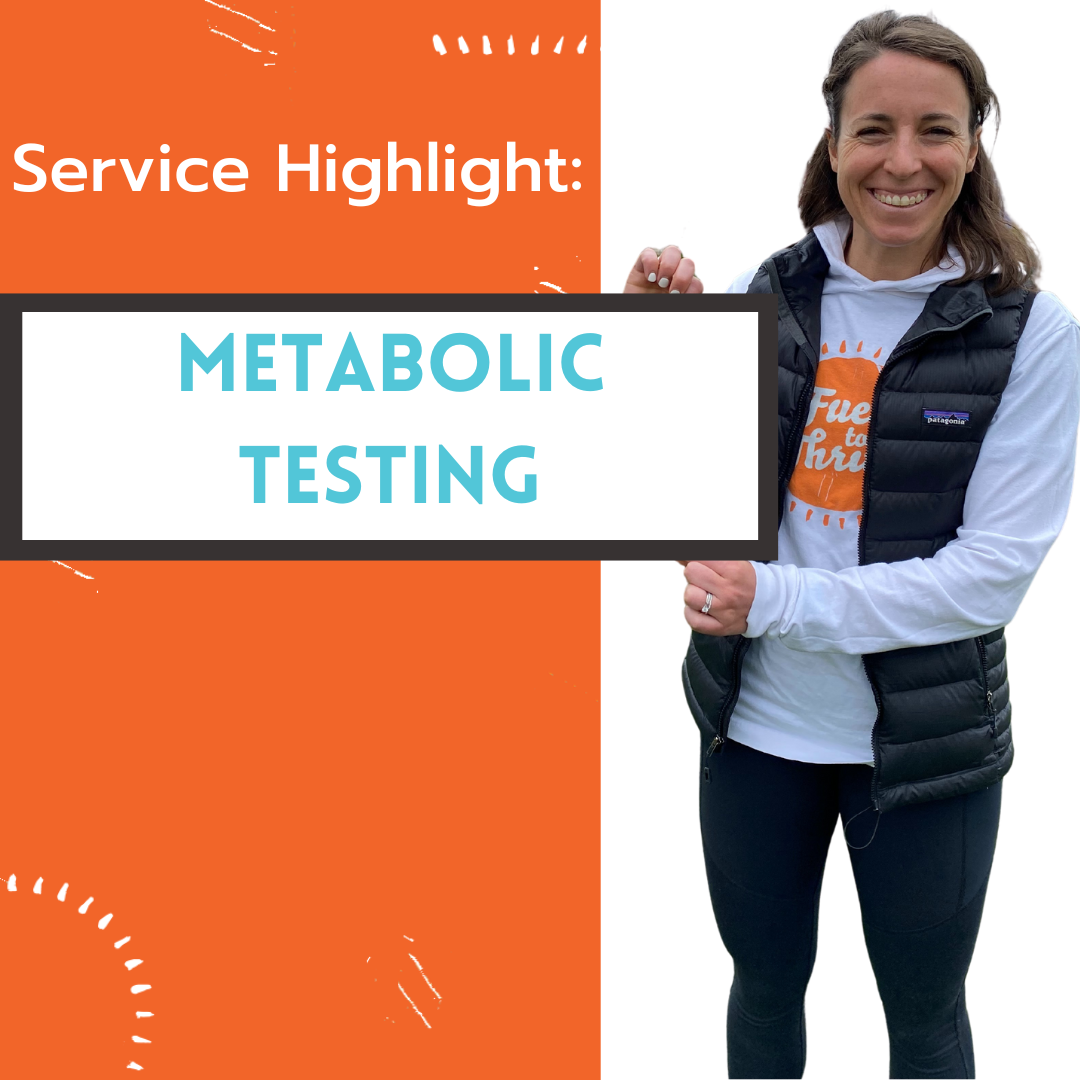Everybody needs to eat.
Whatever your body type, activity level, and whether or not you “have time” to eat, literally everyone has to do it.
And yet, so often we stand in front of the fridge or pantry, overwhelmed by the options or lack thereof, wondering what sounds good or what our bodies actually need. We get distracted or go for the bag of chips because it’s close and easy and then pray for our sanity when 5 o’clock rolls around and the kids start asking what’s for dinner.
Sound familiar?
At Fuel to Thrive, we are all about making nutritious, intuitive eating practical and accessible to every person. If meal prep and planning have felt paralyzing or ineffective for you in the past, then stick around. We’re here to help you gain some tips and tricks that should add delicious, easy food and NOT more tasks to your plate!
In the next four weeks, we will be sharing emails that help you meal plan by giving you access to tried and true recipes that are nutritious and delicious. But to get us started, let’s talk about what works when it comes to meal planning.
When we first think about planning a balanced meal, we want to think about three key components:
1. A starch, 2. A protein, and 3. A fruit or vegetable. That’s it - so simple!
Great examples of starches can include pasta, bread, potatoes or sweet potatoes, rice, and so on. You won’t hear us demonize carbs; they literally fill our stomachs and give us the energy we need to keep going throughout the day!
Protein is crucial and we want to focus on getting enough protein on any given day. Meats, eggs, beans, and legumes are all great sources of protein.
And yes, we said a fruit or vegetable. You’re a real person with a real life. Grab a banana or some berries at breakfast and add carrots, cucumbers, greens, broccoli, and so on to your lunches and dinners.
With these three items, you have all of the building blocks you need for a strong nutrition plan.
Over the next month, we’re going to be sharing practical recipes that hit on the three categories above that not only nourish you and your family, but also taste good, won’t break the bank (in fact, you’ll probably even save some money!), and keep your food prep time to a minimum.








